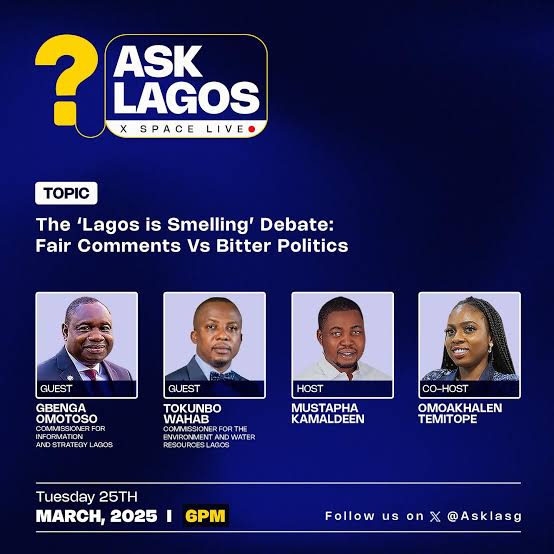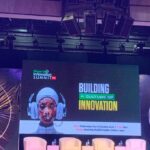Author: Temitope AwolusiEditor: Oluwaferanmi O. On Tuesday, March 25, 2025, something refreshing happened in Lagos. Mr. Tokunbo Wahab, the Lagos State Commissioner for Environment and Water Resources, joined a live Ask Lagos Space on X (formerly Twitter) as one of the guest speakers in an open, public discussion on one of the city’s most recent…...
Individual Premium Membership Required
You must be a Individual Premium member to access this content.
Already a member? Log in here




